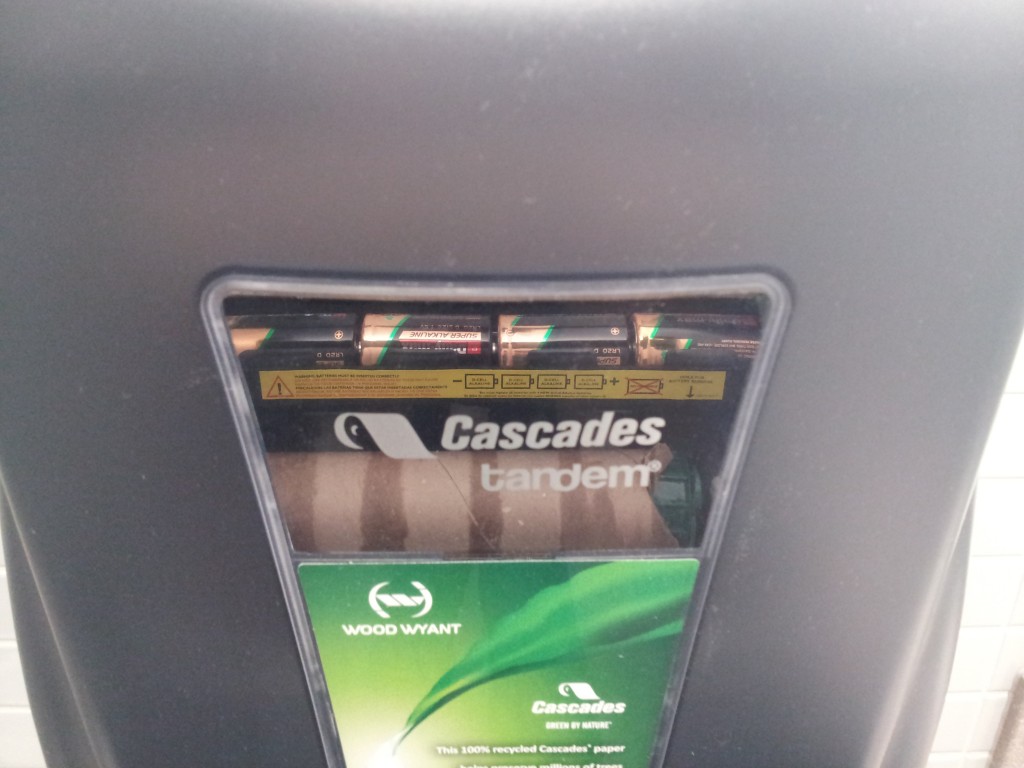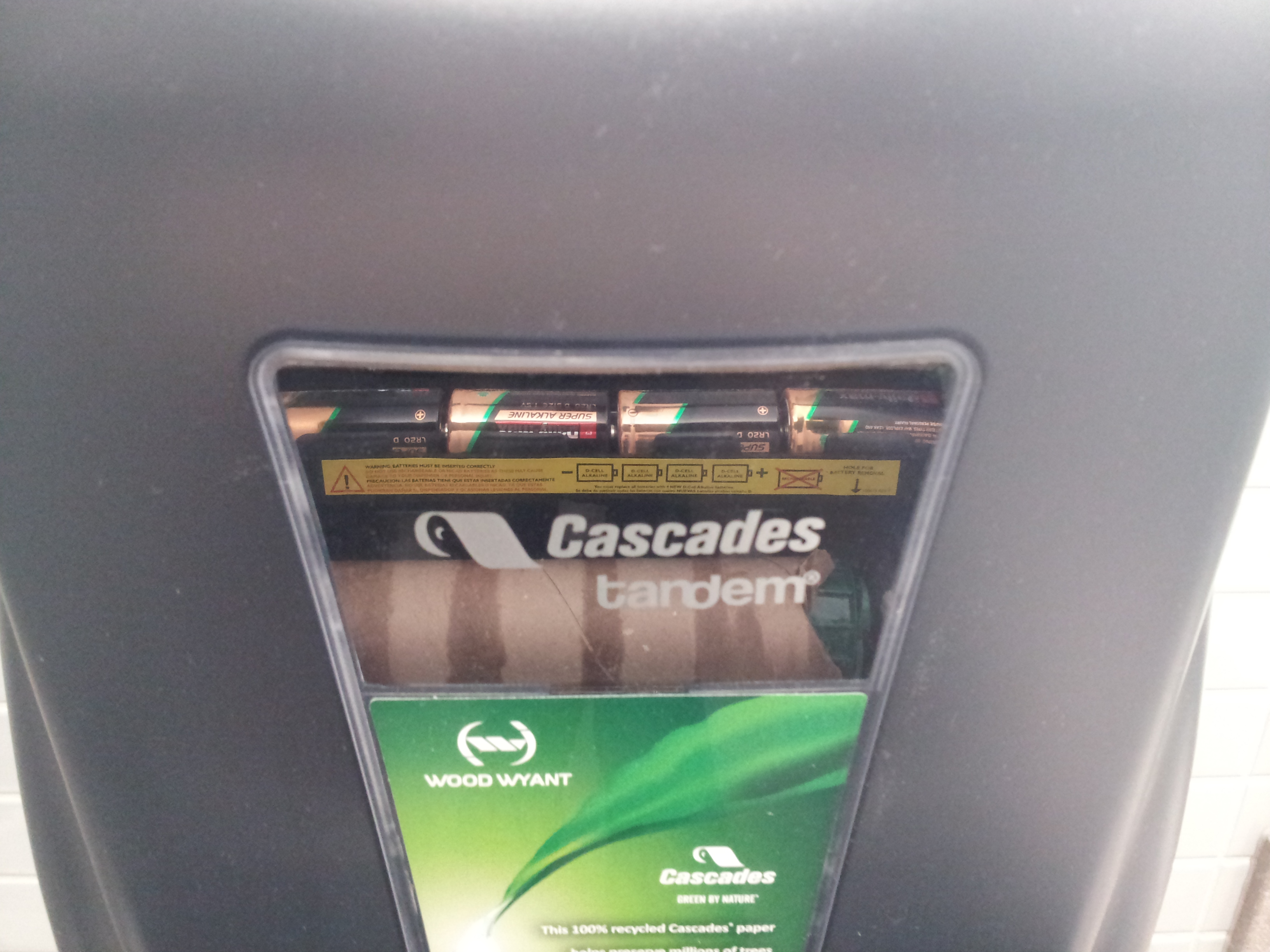By Ashley Mussbacher (The Cascade) – Email
Print Edition: November 20, 2013

Theoretical physicist Richard P. Feynman once said that for technology to be successful, “reality must take precedence over public relations.”
Under capitalism, successful technology is whatever can make the next fast dollar, regardless of the consequences it has on people, communities, and environment. On a large scale we see propaganda for an XL pipeline. On a smaller one we notice that we no longer have to pump a lever for paper towel in public bathrooms. Both of these are examples of money changing hands for bad ideas. Both result in a poisoned world.
Since when did it become so important to us to do nothing? You can point the finger at Facebook and blame Mark Zuckerburg for providing us with distractions, or take a stab at internet search engines like Google in hopes of finding the perfect scapegoat for a data-overloaded society, but ultimately it comes down to empathy and our lack of it; empathy for the Earth, for our communities, and for anyone not us.
A notion coined by David Wong called the “Monkey Sphere” explores the idea of human empathy and why a good portion us just don’t give a shit. Regardless of the obvious insult of comparing us to monkeys and the fact that the article is found on Cracked, we cannot ignore that Wong brings up an interesting point that, in the most terrifying way, makes sense.
He says, “So how many monkeys would it take… [before] you will no longer really care if one of them dies?”
Earth’s population is at eight billion.
According to Wong, you or I will only start caring if the people within our “Monkey Sphere” are affected, because ultimately it will impact us. The bottom line is that humans are selfish, and incapable of empathy for anyone outside themselves.
It’s a cold way of looking at our species. When you throw in the environmental movement and then look at technological “advancements” like fully automated public bathrooms, you begin to see that while Wong’s theory might not encompass everyone, it may certainly account for some.
If we focus on the minute example of human apathy for the environment, we will start to realize that what we first perceived as barely significant is actually quite detrimental. Hand towel machines in bathrooms. First off, what was wrong with the regular hand-operated dispensers?
These not-so-new machines are fully automated with the exception that the D-Cell, non-rechargeable batteries need changing. Yes, batteries. What did you think they worked on, magic?
The first D-cell alkaline battery was invented by Thomas Edison in 1898. Call2Recycle, an international program operating in Canada and the United States for recycling batteries, was organized in 2000. That’s over 100 years without a recycling program for batteries. We ask the question—where did they all go?—to which there is an obvious answer: in our landfills.
We don’t need to be scientists to know the chemicals—primarily mercury, cadmium, and lithium—will negatively impact the environment. But the question is how many of us are taking that extra step to make sure they don’t end up in the trash? With this new movement towards full automation, it raises the question of how many of those non-rechargeable batteries are being recycled.
If you don’t care about it now, when will you? Open your eyes and take a look around. From the large issues that grab our attention in the mass media, to the smaller ones we barely notice, if at all, when will we start caring about the place we live in enough to do something about the changes happening around us?


